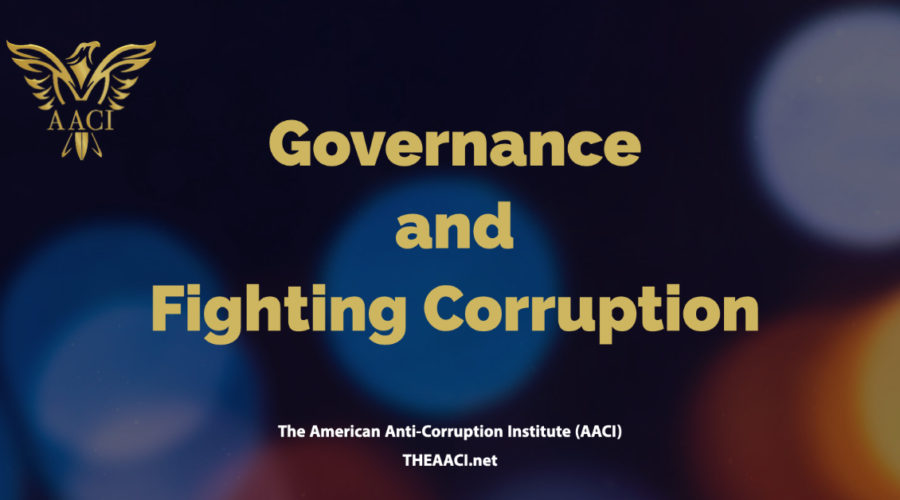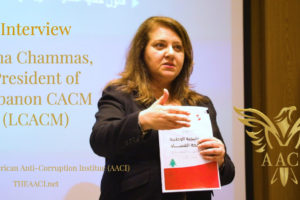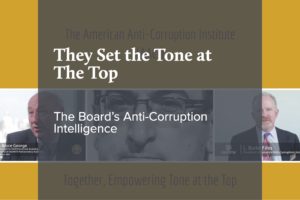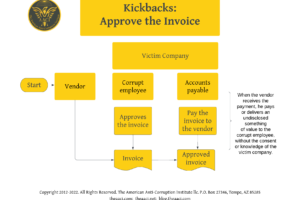M. J. Masoud
January 15, 2020
Corruption manifests itself through conflict and permanent contradiction in human societies. Absolute power most likely leads to corruption. Justice is the basis of governing. When domestic and international efforts are united to fight corruption, corruption deterrence tends to prevail. But fighting corruption alone will not achieve international peace.
In general, dictatorships are not corrupt-free governance systems. Tyrants beget fraud and corruption. When the branches of government of democracy do not function as intended, the system rots.
The most effective and efficient governance system that deter, prevent, and detect corruption
Domestically, it is what the people agree on. Rational people expect those who govern them to put the common good ahead of their own. They also expect them to abide by the social contract of governance: the constitution. But there is always a difference between theory and practice.
As unaccountable power most likely corrupts, there are many countries where corruption prevails. In those countries, people are taken hostage by corrupt regimes. Thus, there are corrupt leadership and regime, but there are not corrupt people. Self-interest and greed motivate corrupt leadership. They do not care about their people.
What to do?

The poor bear most of the costs and harms of corruption. When leaders patronage corruption, it leads to social insecurity and state failure. Corrupt leaderships are not fit to govern. They form significant risks to world peace and justice. They weaken all the sustainable development strategies. They exist in all communities.
Most countries ratified the United Nations Convention Against Corruption (UNCAC). The UNCAC holds countries accountable for compliance with its provision. Also, all countries are bound to abide by the Universal Declaration of Human Rights. Thus dictators and corrupt leaders do not have a free hand to do whatever they like.
The Ten Principles of Fighting Corruption is a prerequisite for each effective anti-corruption strategy, policy, or plan. The fight against corruption, led by many international organizations over the past few decades, failed to achieve visible, real, or tangible positive results. The holy war against corruption starts when the citizen stops accepting to be governed by the corrupt.
M.J. Masoud is the Sr, Director of The American Anti-Corruption Institute (AACI) in the Middle East and Africa. E-mail: Mike@THEAACI.com











































